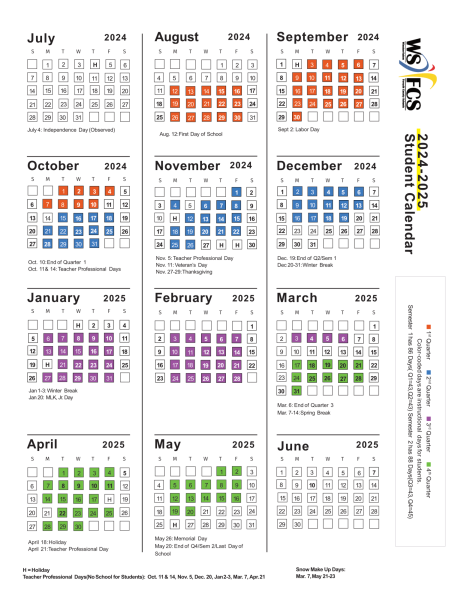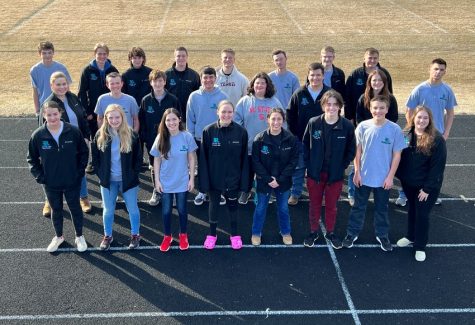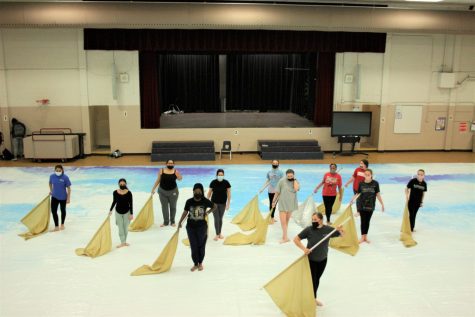Grades negatively affected by Online Learning, statistics prove

“Online Learning is No Ornament” by Gideon Burton is licensed under CC BY-SA 2.0
December 14, 2020
As students of all grades tackle online school during the year of 2020, there is a single concern that has been on the minds of parents, teachers and students alike. How will grades and GPAs be affected by online learning? The answer is a bit hazy, but many collectively agree that the situation is not ideal.
“My grades would be a lot better if we were in school,” said senior Natalie Lyons. “I’d have more motivation.”
According to statistics taken from the Virginia school system, the percentage of F’s for middle school and high school students increased by 83% from 2019 to 2020. However, the increase in F’s is more common in middle schoolers than high schoolers, as the percentage increase for high schoolers is only 50%.
One common explanation for why students are struggling with online learning is the lack of personal instruction. Many students feel the need for a face-to-face lesson so they may focus and retain information better.
“I derive joy from interpersonal interaction,” said senior Meli Guthold. “The lack of that has made me feel less motivated.”
Technical issues are very frequent during the school day. Some students may not have a strong internet connection or lack proper electronics to focus to the best of their ability whilst in class. These problems can result in poor connection during Zoom class meetings, or not being able to attend the meeting at all.
If students cannot connect to their online classes, their grades will inevitably suffer. Statistics show that as many as 7.2% of high school students are inactive in Canvas during the week.
“I feel like my grades are dancing and I feel like I don’t use my brain anymore,” said senior Luis Munoz.
Some concerns that have arisen point out the issue of education inequality, relating to students of low-income families. The transition to online learning is much more difficult for these groups as they may not have access to a computer at home. Although Winston-Salem Forsyth County schools provide laptops to students that need them, the same cannot be said for students in other states.
Many students mutually agree that there are significantly fewer distractions in the classroom versus in their own home. Many share their learning space with siblings, and focusing can sometimes prove to be a bigger challenge than the classwork itself.
“My grades are not too bad but I am not learning nearly as much,” said senior Valentina Casab-Klescova.
Winston-Salem Forsyth County schools primarily use Canvas as their online learning platform. It is considered one of the best learning platforms.
Teachers praise the site for its easy-to-use platform and its organized pages. Teachers can assign materials and grade them all in one place. It is also easy to navigate for students so they can stay organized and on top of their assignments.
“Canvas has great tools to help me stay on top,” said freshman Beckett Koontz.
Although students are at home and technically have more time to work on assignments, that doesn’t necessarily mean that their time-management skills are improving. Studies have shown that people over the age of 50 have better time-management skills than those of younger age groups, including teenagers.
“Online school has been more stressful than ever,” said senior April Eddingar. “It’s like the teachers think since we’re home we have more time.”
A study done by Columbia University has shown that taking a college course online lowers a student’s GPA by .3 points on a four-point scale. Although this study was only done on college courses, one can assume the same can be said for AP courses as well for high schoolers.
Many students and parents agree that student’s grades and mental health would improve greatly if they were in-person learning.









